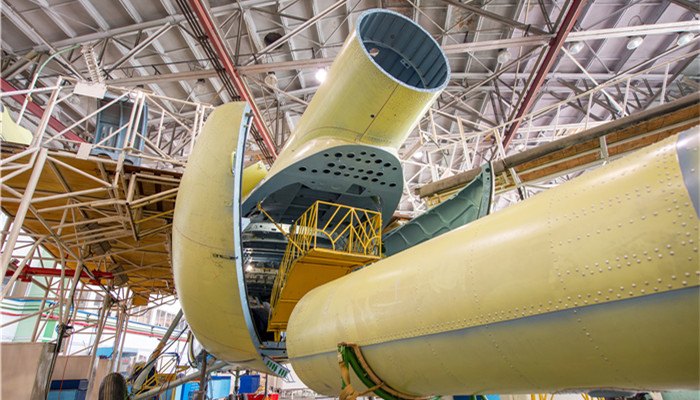
The market demand for ultra-high-strength carbon fiber is increasingly strong, and my country’s independent supply capacity will continue to improve.
The main production process of ultra-high-strength carbon fiber is dry-jet wet spinning. Due to complex technology and high investment threshold for production lines, there are few countries in the world with ultra-high-strength carbon fiber production capabilities, mainly Japan, the United States, South Korea, China and other countries.
Tensile strength and tensile modulus are the main mechanical performance indicators of carbon fiber. According to different strengths, carbon fiber can be divided into general carbon fiber, high-strength carbon fiber and ultra-high-strength carbon fiber. Among them, ultra-high-strength carbon fiber is a kind of high-performance carbon fiber. Compared with general-purpose carbon fiber, ultra-high-strength carbon fiber has multiple advantages such as high strength, high rigidity, corrosion resistance, light weight, thermal and electrical conductivity, etc. It is widely used in aerospace, automobile manufacturing, sports equipment, It has broad application prospects in construction, marine engineering and other fields.
Japan’s Toray is a leading company in the global carbon fiber market. Its product numbers are used as industry standards. Ultra-high-strength carbon fibers are T-series, including T1000 carbon fiber, T1100 carbon fiber, etc. Japan has achieved mass production of T1100 grade carbon fiber. Currently, Japan’s Toray is developing ultra-high-strength carbon fiber with a tensile strength of 8.0GPa and a tensile modulus of 310-320GPa.
my country’s research and development of ultra-high-strength carbon fiber started late, and the early market was mainly dominated by companies such as Japan’s Toray and the United States’ Hexcel. In recent years, with the development of aerospace, automobile manufacturing and other industries, the market demand for ultra-high-strength carbon fiber has been continuously released. In order to avoid the risk of getting stuck, under the background of government guidance and technological assistance, my country’s independent supply capacity of ultra-high-strength carbon fiber has been continuously improved.
According to the “2023-2027 Ultra-High Strength Carbon Fiber Industry Market In-depth Research and Investment Prospects Forecast Analysis Report released by the Industrial Research Center, Enterprises or institutions engaged in the R&D and production of ultra-high-strength carbon fibers in my country include Zhongfu Shenying, Guangwei Composite Materials, Zhongjian Technology, Changsheng Technology, Shenzhen University, Institute of Chemistry, Chinese Academy of Sciences, Shanxi Institute of Coal Chemistry, Chinese Academy of Sciences, etc. At present, my country’s T1000 and above ultra-high-strength carbon fibers have achieved large-scale and stable production at the kiloton level, and the production technology and production capacity have reached the world’s advanced level.
Under the guidance of the government, my country’s carbon fiber industry has developed rapidly. At present, my country has become one of the world’s major producers and consumers of carbon fiber. In 2022, carbon fiber output will account for about one-third of global output. With the deepening of research and development, the update rate of carbon fiber products is accelerating. Chinese companies need to continue to increase investment in technology research and development and production, improve product quality and technical level, in order to compete for more high-end market shares.
Industry analysts said that ultra-high-strength carbon fiber has excellent performance and has broad application prospects in aerospace, automobile manufacturing, sports equipment and other fields. Currently, in the global ultra-high-strength carbon fiber market, Japanese and American companies are still in a leading position, and Chinese companies are accelerating to catch up. In the future, driven by factors such as policy support, technological breakthroughs, and demand upgrades, the localization process of ultra-high-strength carbon fiber will continue to accelerate.

 微信扫一扫打赏
微信扫一扫打赏

